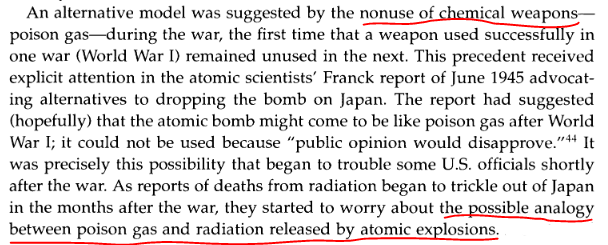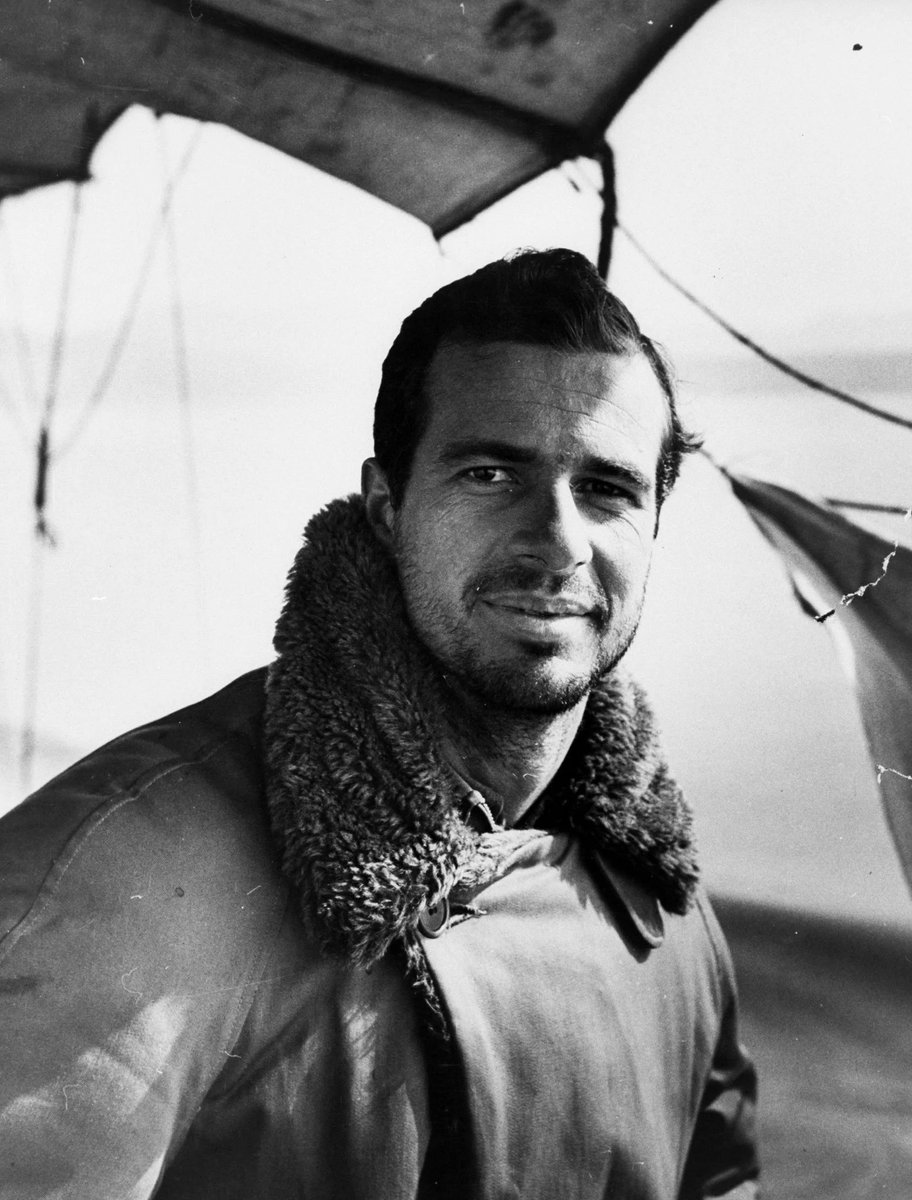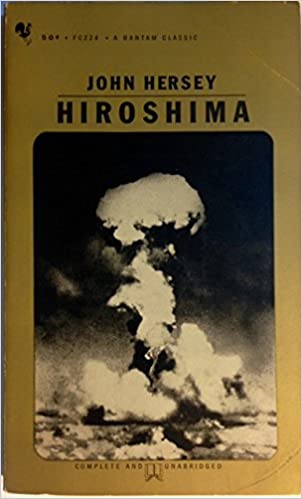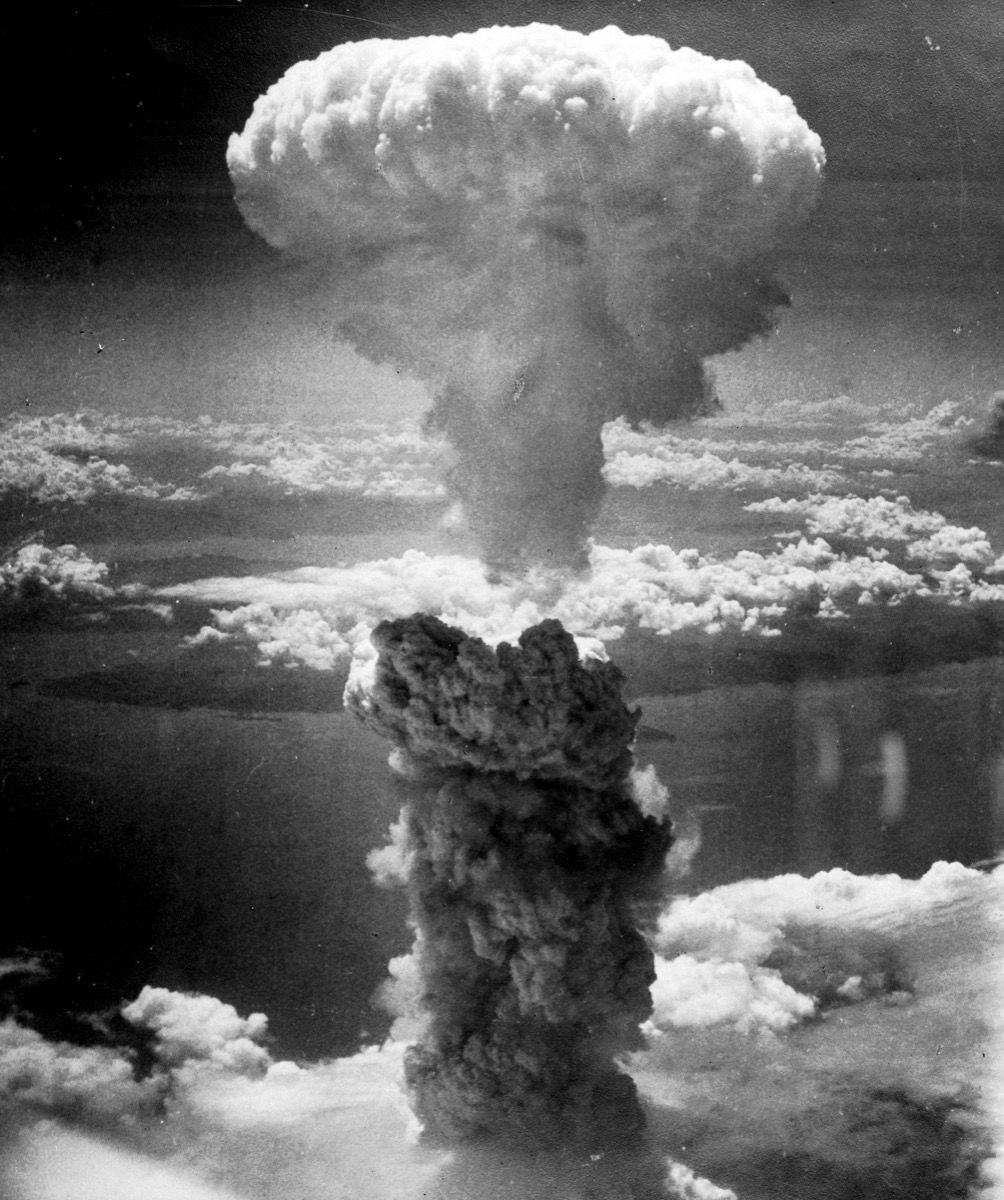For a sense of the overall nuclear politics literature, highly recommend this @AnnualReviews piece by Gartzke & @MatthewKroenig
annualreviews.org/doi/abs/10.114…
Even more specifically, I'll focus on unpacking a prominent explanation for the non-use of nuclear weapons since 1945: "the nuclear taboo"
In other words, states avoid using them because it's morally reprehensible to do so.
How long has this "taboo" been around?

foreignpolicy.com/2015/08/06/mag…


But is it responsible for the post-1945 non-use of nuclear weapons?
cambridge.org/core/journals/…
mitpressjournals.org/doi/10.1162/is…
cambridge.org/core/journals/…
cambridge.org/core/journals/…
mitpressjournals.org/doi/pdf/10.116…
nti.org/analysis/artic…
[END]
nobelprize.org/prizes/economi…
mitpressjournals.org/doi/abs/10.116…
pnas.org/content/early/…


















